Chaos and Crossroads: How the Middle East Crisis Shapes the American Election
In the intricate dance of global politics, the interplay between the turmoil in the Middle East and the forthcoming American election is both inevitable and profound. As violence escalates in the region and the United States gears up for a pivotal election, two critical questions arise: Does the American election influence the conflict in the Middle East, and conversely, does the Middle East conflict influence the American election? These questions are complex, and while their answers can be both affirmative and negative, one thing is certain: the events in the Middle East are inextricably linked to the political climate in the United States, and vice versa.
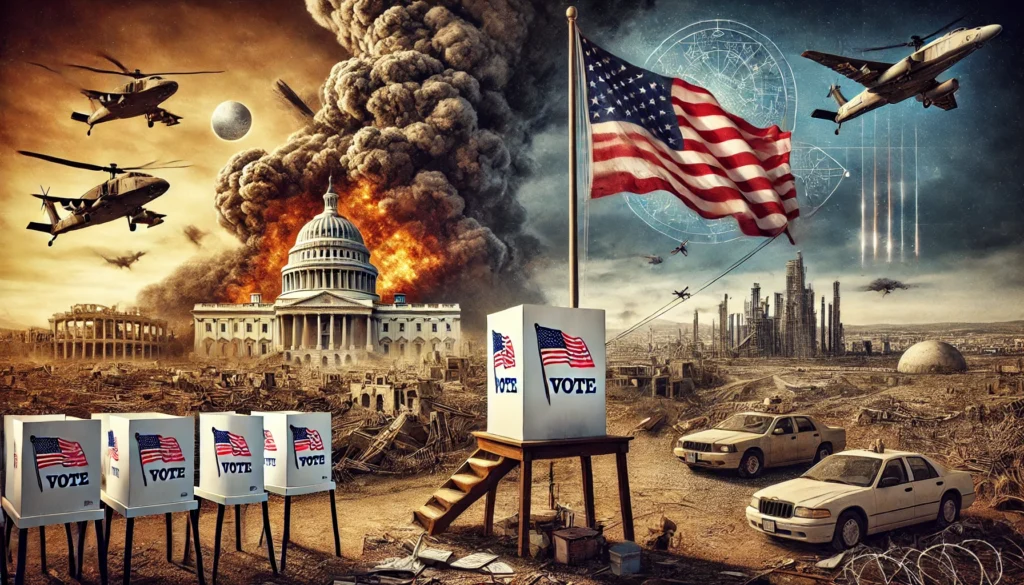
The Middle East’s Impact on the American Election
The conventional wisdom has often suggested that foreign policy rarely sways American voters. Domestic issues such as the economy and immigration typically dominate electoral discussions. However, the current volatile situation in the Middle East may be creating enough “background noise” to seep into the American consciousness, potentially influencing voter behavior.
The Role of Chaos
For Kamala Harris, the perception of chaos and jeopardy in the Middle East presents a significant challenge. Historically, American voters have shown limited interest in foreign affairs, and many might struggle to locate Lebanon or Gaza on a map. However, in key states with substantial Middle Eastern immigrant populations, such as Michigan, the conflict resonates more deeply. The added sense of global chaos may persuade low-information voters, who might be swayed by Donald Trump’s simplistic yet assertive promises to “stop the chaos” with a single phone call.
While the overarching impact on the election may be marginal, in an election as tight as this one, every margin matters. This year’s election is likely to be won or lost in the margins, and the perception of chaos or stability could tip the scales.
The Influence of Key Demographics
Among the demographics most affected by the Middle East conflict are Jewish voters and Evangelical Christians. Both groups have strong ties to Israel, and their support can significantly influence electoral outcomes. Pro-Palestinian protests, while vocal, represent a smaller fraction of the electorate compared to the vast number of voters who strongly support Israel. This dynamic places Democratic politicians in a difficult position, as they must navigate the fine line between appeasing progressive voices and maintaining strong support for Israel.
The American Election’s Impact on the Middle East
Just as events in the Middle East can influence American voters, the outcome of the American election can have profound effects on the region. The relationship between the United States and Israel, in particular, is a crucial factor.
The Trump Factor
Donald Trump’s foreign policy approach is characterized by unpredictability and a strong-man image. His rhetoric and actions often signal a willingness to support Israel unequivocally, which could embolden Israeli actions and reduce American leverage in urging restraint. For example, during his first term, Trump moved the U.S. embassy to Jerusalem, a move that was widely condemned internationally but was a clear signal of his administration’s staunch support for Israel.
Kamala Harris’s Challenge
For Kamala Harris, the challenge is twofold. As a female candidate, she faces an uphill battle in proving her capability to serve as commander-in-chief, a role traditionally perceived through a male-dominated lens. Her recent statements on maintaining America’s military might have drawn criticism from progressive factions, yet she must project strength and decisiveness to counter perceptions of weakness.
Furthermore, Harris’s ability to forge her own line and distinguish herself from the Biden administration is crucial. As events in the Middle East unfold, she needs to articulate a clear and compelling foreign policy vision that reassures American voters and demonstrates her capacity to handle complex international crises.
Historical Parallels and Future Implications
The last significant impact of foreign affairs on an American election was in 1980, when the Iranian hostage crisis played a pivotal role in Jimmy Carter’s defeat. The parallels to the current situation are striking, as Iran once again looms large in the geopolitical landscape.
The Evangelical Influence
Evangelical Christians, who constitute a significant voter base, strongly support Israel. Their influence is substantial, and any perception of wavering U.S. support for Israel could alienate these voters. This dynamic constrains Democratic politicians and complicates the administration’s ability to pressure Israel into diplomatic concessions.
The Simplicity of Good vs. Evil
For many Americans, the conflict between Israel and Iran is framed in simple terms of good versus evil. Israel, as a democracy and long-standing ally, is seen as the “good guy,” while Iran, with its history of supporting terrorism and antagonism towards the West, is viewed as the “bad guy.” This binary perspective simplifies the choice for many voters, especially if the conflict escalates into a direct confrontation between Israel and Iran.
The Broader Implications for U.S. Foreign Policy
The ongoing violence in the Middle East and its potential to spiral into a broader conflict underscores the need for a coherent and effective U.S. foreign policy. The Biden administration’s struggle to influence Israeli actions highlights the limitations of current American diplomacy.
The Role of Diplomacy
A significant criticism of the current administration is its perceived lack of effective diplomacy. Critics argue that more intense and consequential shuttle diplomacy is needed to make the cost of defying the United States high for Israel. However, achieving this is challenging, especially in the context of an election year where political considerations often overshadow long-term strategic goals.
Conclusion
As the American election approaches, the interplay between domestic politics and international crises becomes ever more apparent. The conflict in the Middle East, with its deep historical roots and complex dynamics, has the potential to influence voter behavior in the United States. Simultaneously, the outcome of the election will shape the region’s future, affecting not only U.S.-Israel relations but also the broader geopolitical landscape.
FAQ
Q: How does the Middle East conflict affect American voters? A: The Middle East conflict influences American voters primarily through its impact on perceptions of global chaos and stability. Key demographics, such as Jewish voters and Evangelical Christians, have strong ties to Israel and are particularly affected by the conflict.
Q: Can foreign policy issues sway an American election? A: While domestic issues generally dominate American elections, significant foreign policy crises can create an atmosphere that influences voter behavior, especially in a tight election where margins matter.
Q: How does the American election impact the Middle East? A: The outcome of the American election affects the Middle East by determining the U.S. administration’s approach to the region. The relationship between the U.S. and Israel, in particular, is influenced by the elected administration’s policies and actions.
Q: What challenges does Kamala Harris face regarding the Middle East conflict? A: Kamala Harris faces the dual challenge of proving her capability as commander-in-chief and articulating a clear foreign policy vision. She must balance progressive criticism with the need to project strength and decisiveness in handling international crises.
Q: Why is the U.S.-Israel relationship important in American politics? A: The U.S.-Israel relationship is crucial in American politics due to the strong support Israel receives from key voter demographics, including Jewish voters and Evangelical Christians. This relationship influences electoral outcomes and constrains the administration’s diplomatic actions.
In this intricate web of politics, where the fates of nations are intertwined, the American election and the Middle East conflict serve as poignant reminders of the global stakes at play. As voters head to the polls, the echoes of distant gunfire and diplomatic maneuvers resonate, shaping the choices that will determine the future.
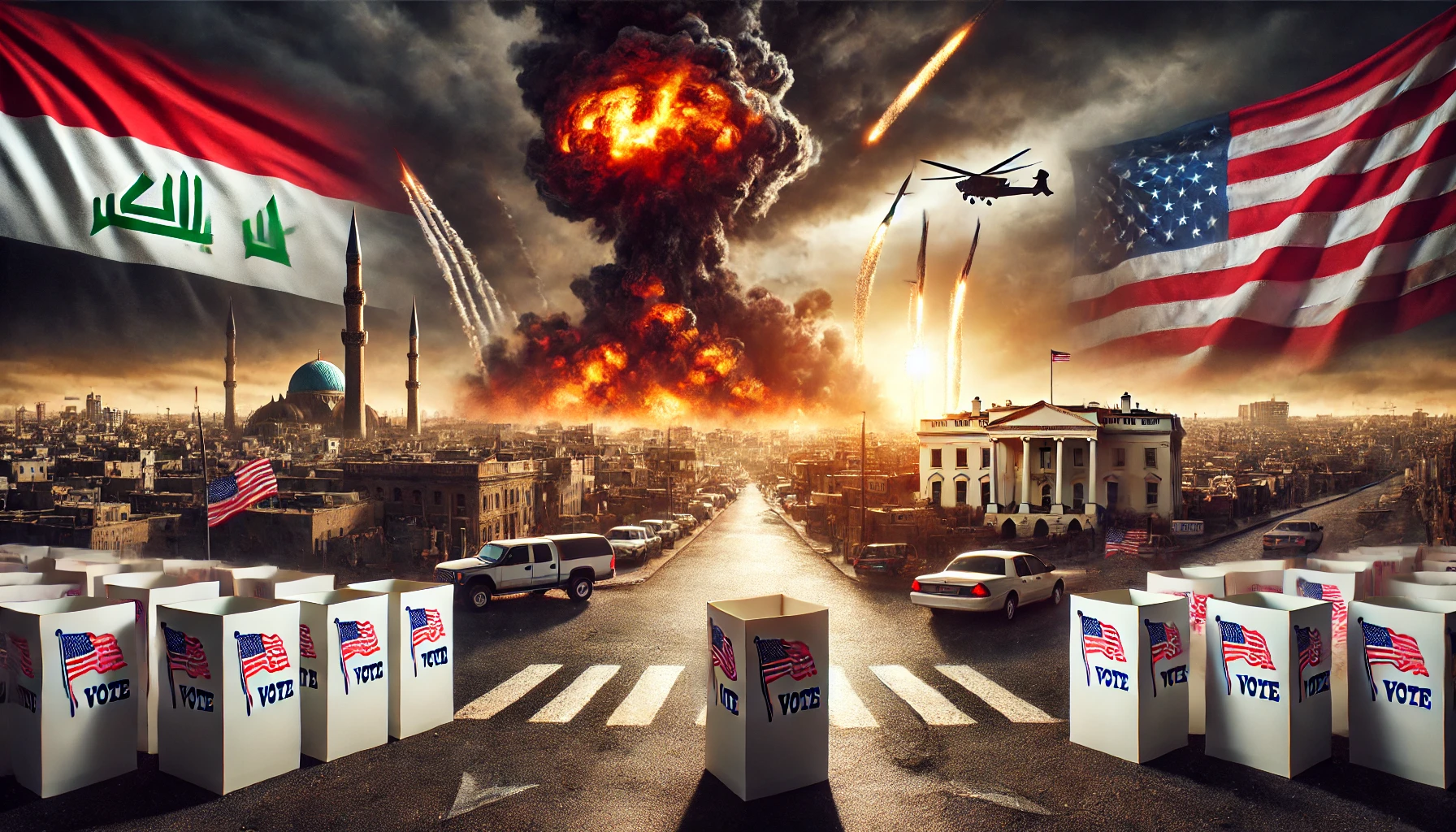
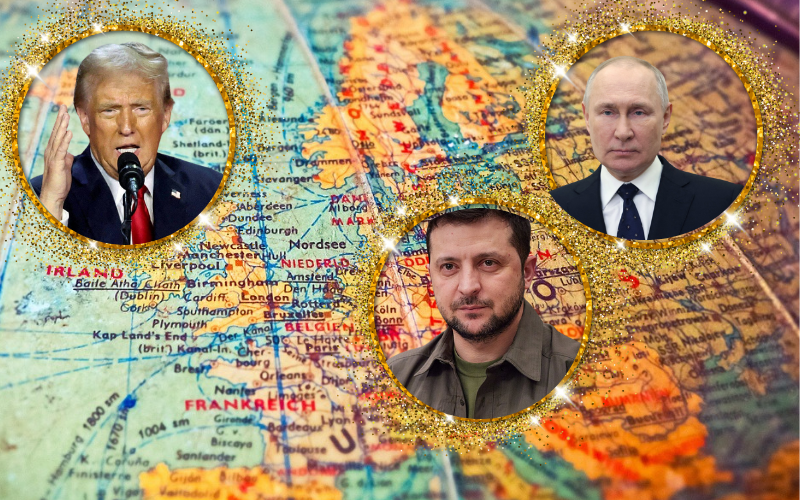

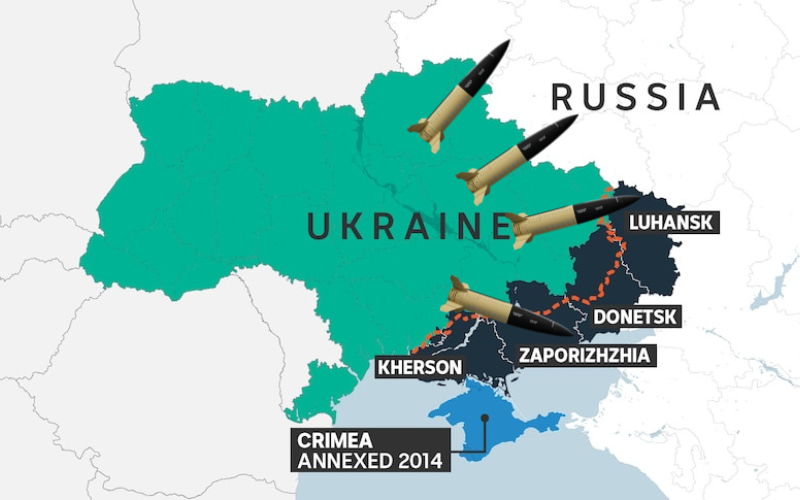
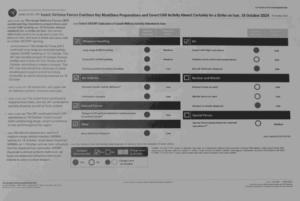
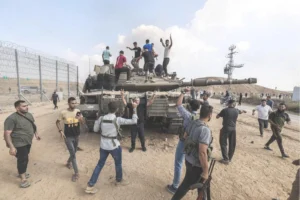




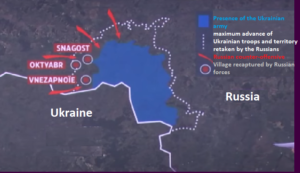

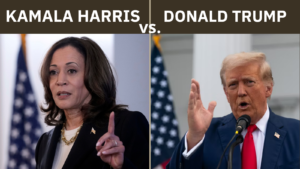

1 comment